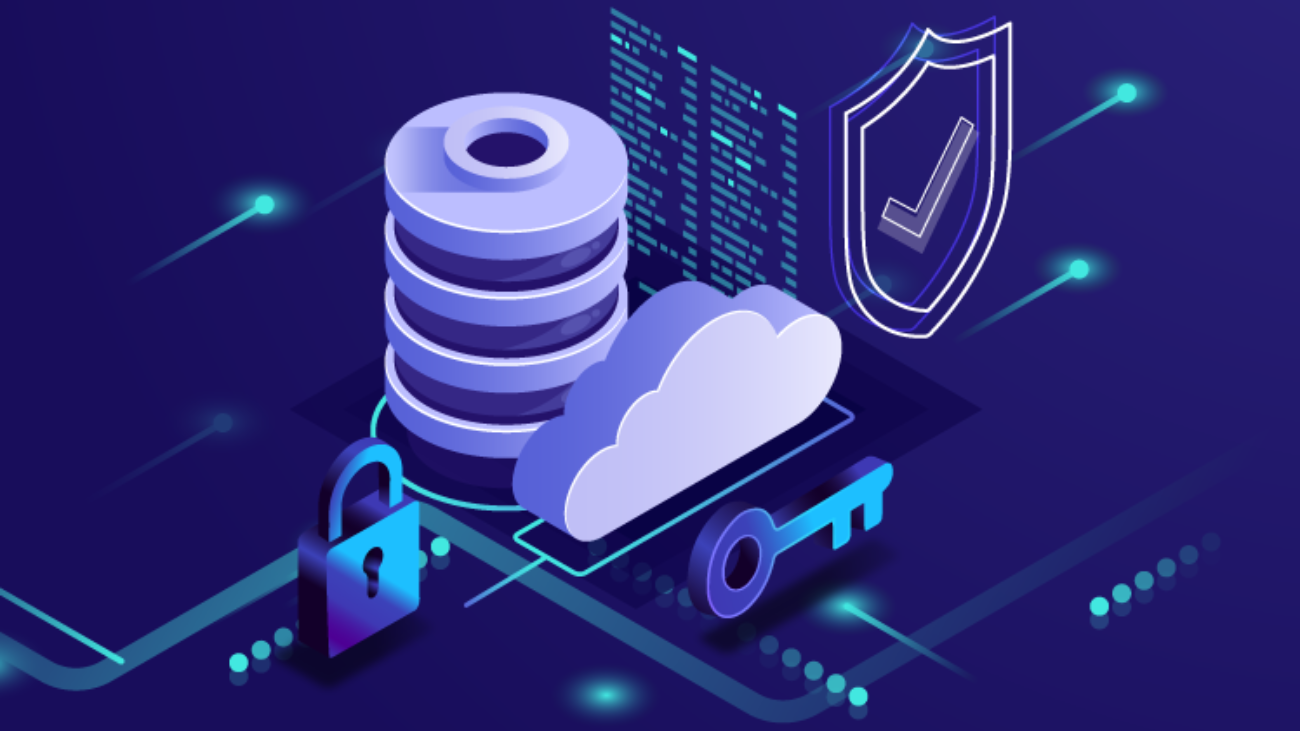By this point, you know about the latest in criminal enterprise hacking. The Equifax hackers absconded with personal data on nearly 150 million people, causing job loss for many of the company’s top execs, including the CEO. The very next week, large accounting firm Deloitte suffered a major data breach. And a report from earlier this year noted that the vast majority of the largest law firms have had their data breached, as well.
It is pretty clear that, 1, data thieves know where the most useful data is, and, 2, that no matter how smart you are (lawyers and CPAs), you gonna get hacked if you don’t protect the enterprise.
But now, from the somewhat shady world of cybercurrencies, a new kind of database has emerged that may well be the answer to all of these cybersecurity problems. And, fortunately, Kimmell Cybersecurity is right here with it.
The new technology is called the “blockchain,” and it was originally developed by the folks who created Bitcoin. Virtually unknown a year or so ago, it is becoming the Next Big Thing in cybersecurity.
What is blockchain (or sometimes two words: block chain)? In a nutshell, blockchains are a decentralized, distributed, self-authenticating, secure means to carry on transactions—a way of securing financial transactions, signatures, team document creation, and so on. They are not accessible outside the network, which means that they can’t be hacked, even though they live on the Internet.
Although no data is completely secure, a blockchain database is designed in such a way that it is virtually impossible to hack, or to access without the password/key. Technically, it “creates digital trust” through private key cryptography. Maybe the best way to talk about blockchain technology is that the data basically can’t be found anywhere without a cryptographic key, because access to the information is limited to the entity who created it. In other words, hackers looking for a company database wouldn’t even know that a blockchain database existed, much less be able to hack into one.
Also, every document in a blockchain is self-authenticating, signed and time stamped automatically (for, for instance, evidence in a court hearing).
Blockchains are so secure that many of the world’s major banks, the “Big Four” accounting firms, and other entities (legal or not) that require the highest level of security are engaged in studying them. Too late for Deloitte, I guess….
The legal world is also taking notice of the blockchain. The Global Legal Blockchain Consortium announced its existence in Las Vegas on August 22. It “envisions an interoperable and secure legal industry based on a foundation of universal, blockchain-based legal identities.” One of the primary founding parties of the consortium is the Cleveland-based law firm Baker Hostettler, hardly a bastion of progressivism.
What does this have to do with a general user? Well, everyone has a database online, at this point, and the blockchain is fast becoming the go-to way of securing all online data. And we can help you with converting your databases over to the safety of the blockchain.
Kimmell Cybersecurity employs an expert in blockchain databases who has been working with this technology since 2012–virtually since its inception.
Give us a call to see if we can step you up to this new, highly secure kind of database.

